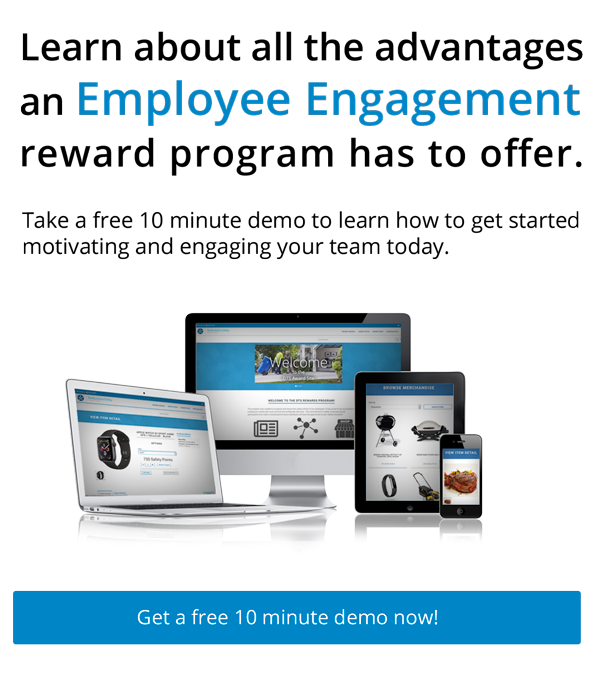
The Incentive Research Foundation has recently completed a study on U.S. Federal Regulations on non-cash rewards. According to those surveyed, 70% are “extremely” or “very” knowledgeable about the tax and other regulations regarding non-cash rewards. That same percentage reports that they are proactive in their approach to program design - and change the design frequently in order to comply with regulations.
While gathering this research, however, The IRF found that when presented with example scenarios, respondents often identified legal or regulatory issues where none existed. This questions whether changing the program design frequently is necessary in order to comply with U.S. tax and federal regulations.
The IRF study finds that companies are making significant changes in order to comply with their perceived understanding of the regulations, when those changes may not be necessary at all. Changes such as:
- Changing from cash to non-cash rewards
- Changing the product or reward mix for employee or channel programs
- Allocating more resources to those monitoring compliance
- Eliminating some programs altogether
- Editing or changing the business purpose of the program(s)
In addition to understanding the legal, tax and regulatory issues that apply to non-cash reward, recognition and incentive programs, there are specific steps to take to design an effective program. Few company executives or marketers are trained or skilled in designing effective employee programs. Partnering with an experienced professional will help to avoid unintended consequences that can occur when companies attempt to design these programs in house.
Regulations change periodically, of course, and consulting a professional when designing an employee or channel partner program is advised. For example, OSHA has recently clarified some of their regulations and policies, indicating their belief that properly designed Safety Programs are legitimate attempts by companies to promote a safer workplace.
Companies with defined incentive, reward and recognition programs enjoy a higher market share, lower turnover rates, a more highly engaged workforce, higher productivity and a host of other benefits. Consult a professional both to design a program that will achieve your specific goals, and to ensure that you accurately understand the regulatory issues that can impact your program. Contact us today to get started!



